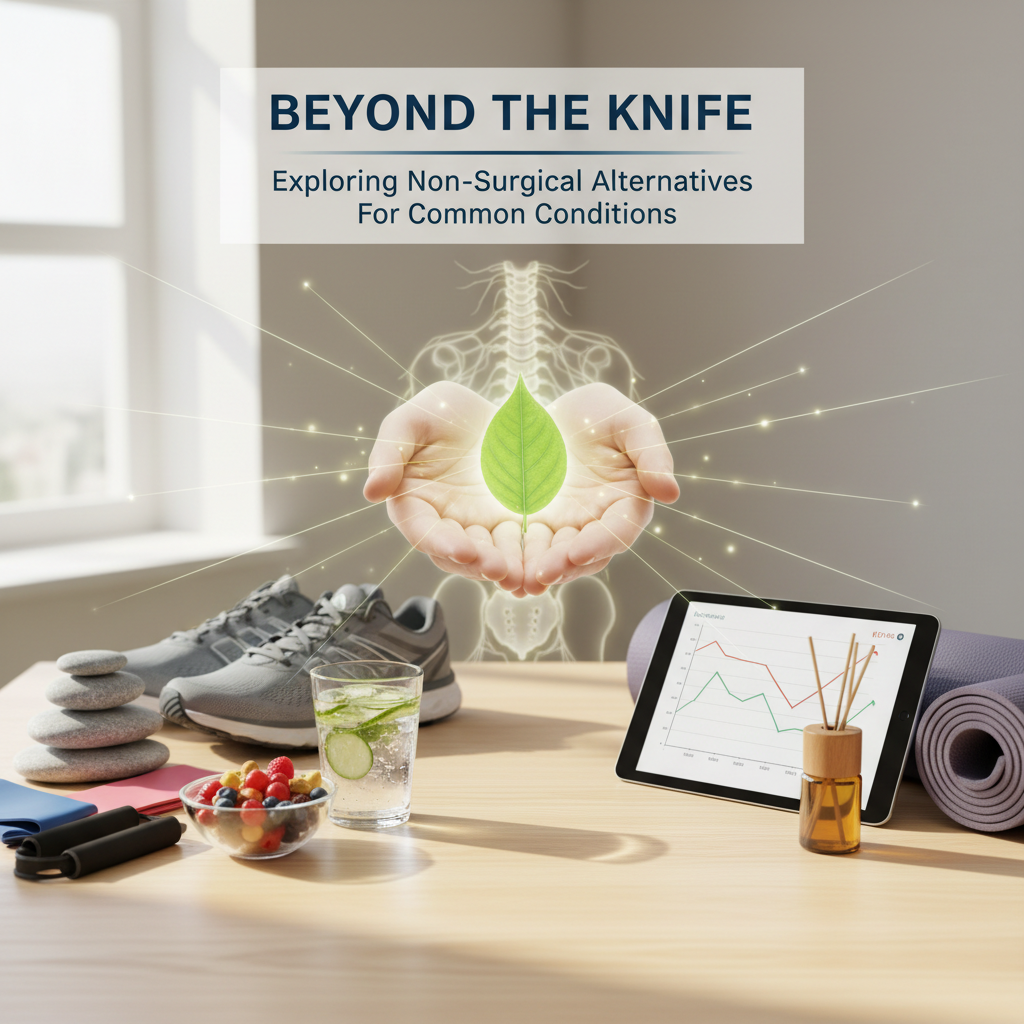Is Turkey a Top Choice for Medical Tourism? Pros, Costs, & Safety
You’re the kind of reader who’s actually comparing flights and surgeons—patients planning a procedure abroad, caregivers doing the homework, even professionals scoping out options for a full check-up. Your pain points are real: mixed reviews, opaque pricing, “too good to be true” offers, and that gnawing worry about safety, aftercare, and who’ll pick up the phone if something goes sideways. Best Surgery Options steps into that messy middle—matching you with vetted specialists, mapping costs and insurance, giving second-opinion clarity, and building a recovery plan—so you don’t have to roll the dice on medical tourism Turkey just because a glossy package looked nice.
Is Turkey good for medical tourism?
Short answer: yes—if you choose well. Turkey’s private hospitals are modern, many surgeons trained in Europe or the U.S., and waiting times are short. Prices can be significantly lower than in the UK, US, or Germany, and major hubs like Istanbul and Antalya are easy to reach. But success depends on details: the hospital’s accreditation, the surgeon’s volume and outcomes, transparent pricing, and clear aftercare. That’s where people either thrive—or trip.
Pros of medical tourism Turkey
- High-end private hospitals, including JCI-accredited centers, with English-speaking teams.
- Strong specialties: hair transplant, dental, plastic surgery, bariatrics, orthopedics, IVF, eye surgery.
- Short wait times and bundled packages with transfers and hotel stays.
- Tourism advantages—easy visas for many, lively neighborhoods, and recovery-friendly hotels.
- Cost efficiency without cutting corners when you pick reputable providers.
Cons and how to mitigate them
- Quality varies: insist on surgeon credentials and hospital accreditation. Ask for at least 30 recent before/after cases and complication rates.
- Language gaps: request an on-site interpreter; get your consent forms in English.
- Aftercare at home: align a local GP or specialist early; confirm remote follow-ups.
- Legal recourse is harder cross-border: prioritize clear contracts and documented care plans.
If this feels like a lot, Best Surgery Options condenses it into a shortlist: specialist matching, procedure overviews you can actually read, outcome prediction tools, and what your recovery week-by-week should look like. You keep control—minus the chaos.
Why is Turkey popular for medical tourism?
Istanbul’s hospital skyline tells a story—glass, steel, and serious tech. Turkey’s private sector invested heavily in imaging, robotics, and specialist centers. And because it’s a travel hub, flights are frequent and fair-priced, which matters if you’re scheduling surgery around work and family.
Names you’ll hear a lot: Memorial Hospital Group Turkey (including Memorial Hospital Istanbul), Acibadem, and others—large systems with international departments. Patients ask about “Memorial Hospital Istanbul prices” because they want transparent fee structures and bundled care. Make them show you line items: surgeon fee, anesthesia, facility, meds, inpatient nights, follow-ups, and transfers. No fuzzy math.
I’ve noticed people googling “medical tourism total heath screening reddit” on a rainy Tuesday, then disappearing into threads for hours. Useful? Sometimes. But anecdotes aren’t a plan. A plan looks like: verified hospital, named surgeon, fixed quote, and a recovery calendar you can stick on the fridge.
How much does medical treatment cost in Turkey?
Expect meaningful savings compared to Western Europe or the U.S.—often 40–70% depending on the procedure and hospital tier. The exact figure hinges on surgeon seniority, facility level, anesthesia type, inpatient nights, and extras like PRP for hair or premium lens implants for cataracts.
What to ask for in your quote:
- An all-inclusive breakdown (no “from” prices without details).
- Named surgeon and their case volume for your exact procedure.
- Number of inpatient nights and medications included.
- Revision policy and complication coverage—what’s covered, what’s not.
- Follow-up schedule and telehealth access once you return home.
Tip: Some centers near tourist hotspots quote aggressively low to fill schedules. Great deals exist, yes, but choose the Ferrari-level surgeon, not the bicycle, for procedures that affect function or long-term health.
How to find reputable medical tourism Turkey
Here’s the deal: you don’t need a spreadsheet with 87 tabs. You need a filter that catches risks early.
Step-by-step reputation checklist
- Accreditation: JCI or national quality programs; verify on official sites.
- Surgeon credentials: board-certified, fellowship training, memberships, and peer-reviewed publications if available.
- Volume and outcomes: ask for last 12 months’ case counts and complication rates; request de-identified outcomes.
- Transparent pricing: itemized, pre-op testing listed, clear revision policies.
- Aftercare: written plan, emergency contact, and a named coordinator.
- Patient references: video or written references you can verify, not just polished ads.
Red flags
- Pressure to book “today only” discounts.
- No named surgeon until you pay a deposit.
- Only WhatsApp communication, no formal documentation.
- Stock before/afters with no proof of clinic origin.
If you want the fast path, Best Surgery Options pre-vets hospitals (yes, including Memorial Hospital Istanbul and other major centers), analyzes quotes side-by-side, provides second-opinion support, and gives you cost and insurance insights—including whether travel insurance for Turkey can be adapted to protect medical trips.
Is it safe to get surgery in Turkey?
Safety is a system. Choose a strong hospital and surgeon, follow pre-op checks, and build a solid aftercare plan. I’d argue that’s the trio that separates great outcomes from “wish I’d known.”
- Pre-op: supply accurate medical history, meds, and allergies; never skip bloodwork or imaging.
- In-hospital: confirm your procedure, implant type (if any), and laterality on the consent form.
- Post-op: stick to the recovery plan; no sightseeing marathons on day two. Hydrate, walk, sleep.
- Insurance: consider travel insurance for Turkey that includes trip interruption and medical complications; verify exclusions for planned procedures.
- Backup: know your nearest accredited hospital and your embassy contact; save them in your phone before wheels up.
Why Turkey for medical tourism?
Because it combines serious medicine with practical logistics. You can land in Istanbul on a Monday, consult that afternoon, get a procedure on Tuesday, and—if clinically safe—start recovery by the Bosphorus, watching ferries slide past under the Galata Bridge. There’s something calming about that. And calm helps healing.
A quick story: from research rabbit hole to real recovery
So here’s the thing about decisions you can’t undo: they demand clarity. Maya—37, tech project manager—messaged us after a traffic-jammed morning on the D100, coffee gone cold, tabs open for “memorial hospital turkey reviews” and “is turkey good for medical tourism.” She wanted a combined total health screening and a minor functional rhinoplasty. Nervous? Very.
We lined up two surgeons across two JCI-accredited hospitals, including Memorial Hospital Istanbul, with their volumes and outcomes. She got a clean, itemized quote, an interpreter assigned, and a recovery plan that blocked out her week—no guessing. She landed in April (tulip season, the city is ridiculously pretty), had pre-op tests the same day, surgery the next, one night inpatient, then slow walks near Nişantaşı with her nasal splint hidden under sunglasses. Zero drama. Just process.
The best part is—well, actually there are two best parts—her breathing improved, and she felt in control the whole time. That’s the bullseye.
Is Turkey a top choice for medical tourism? My take
Yes, for many procedures. The combination of hospital quality, surgeon expertise, and value is hard to beat. But don’t outsource your judgment to a flashy package. Ask tough questions, verify everything, and build a recovery plan that respects your body’s timeline. If you want a co-pilot, Best Surgery Options can carry the admin load, sanity-check quotes, and keep you on a safe, sensible path.
FAQs
Is Turkey good for medical tourism for complex surgery?
It can be. Choose JCI-accredited hospitals or leading private groups, confirm your surgeon’s fellowship training and case volume, and build a robust aftercare plan. For highly complex cases, we’ll arrange a second opinion and outcome predictions before you commit.
Which hospitals are popular with international patients?
Large private systems like Memorial Hospital Group Turkey (including Memorial Hospital Istanbul) are common choices, alongside other established networks. Prioritize accreditation, surgeon experience, and transparent pricing over brand names alone.
How do I compare prices without getting misled?
Ask for itemized quotes listing surgeon, anesthesia, facility, meds, inpatient nights, and follow-ups. Avoid vague “from” prices. We provide side-by-side comparisons and flag missing line items so you’re not surprised later.
Do I need special travel insurance for Turkey if I’m having surgery?
Yes—standard policies may exclude planned procedures. Look for plans that cover complications, trip changes, and medical evacuation. We’ll point you to options that align with your itinerary.
What aftercare can I expect once I’m home?
Good providers schedule remote follow-ups and share operative reports with your local doctor. We coordinate recovery guidance and help you line up local support before you travel, so you’re not scrambling after your flight lands.

